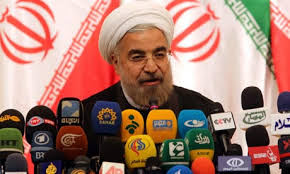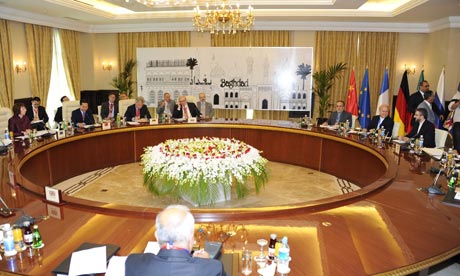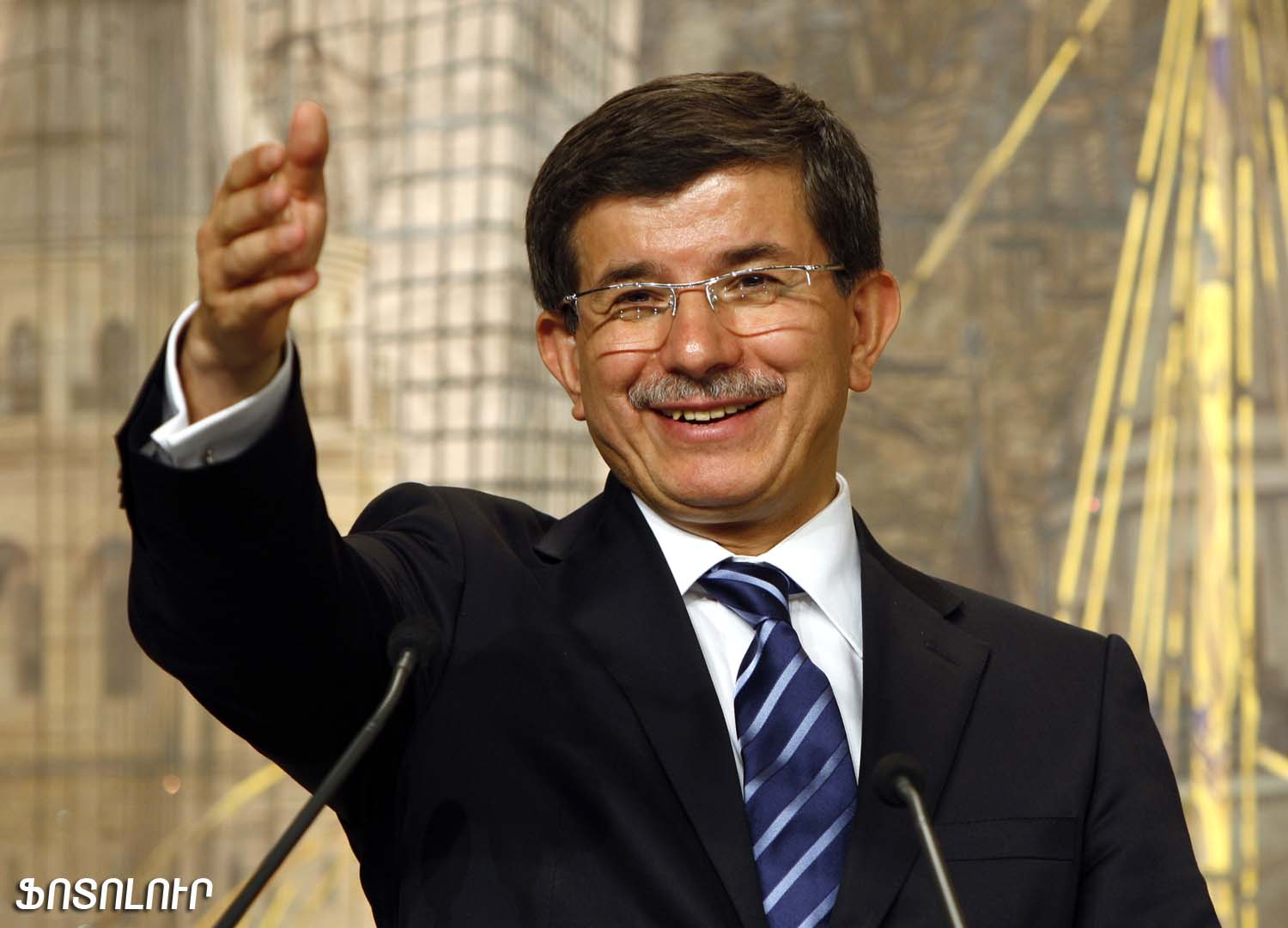Newly elected Iranian President Hassan Rouhani sent signals to the world that fundamental change in Iran was coming. Op-eds and leaders from around the world praised President Rouhani as the change needed to finally lead Iran to the negotiating table. The world is watching for change and one hundred days have passed since Rouhani has taken power. Sadly, not much has changed. What has changed is the level of global accountability that has occurred not just from Governments, but also from the media and other third party groups. The world is holding this elected official accountable for his first one hundred days in office and the result is almost unanimous: he is not delivering to the extent he promised.
Human Rights:As a sign of good faith before arriving on U.S soil for a meeting of the United Nations, Rouhani released eleven high profile prisoners as part of his promise of releasing prisoners of conscience. A large criticism, however, is that these people actually served their time and not much has been done in curtailing further arrests.He has made progress on some initiatives such as a civil rights charter, which is currently being developed as a bill for the legislature.
Academic Freedoms: Rouhani removed the President of Allameh Tabatabai University because of his role in dismissing politically dissident students and faculty, which is positive. However there is a lot more work to do such as allowing women to study in a variety of fields as well as removing quotas from university admissions that favor men.
The Economy: With sanctions remain in place; the economy is still crippled in Iran. Oil exports are down 60% due to boycott from the United States and the European Union. Banking institutions are also under severe strain due to imposed banking sanctions. The economy is experiencing deep stagflation and GDP shrinking (by 6% this year alone). While many of these problems can be attributed to former President Ahmadinejad, the sanctions themselves are what is hurting Iran. These sanctions will only be lifted once a nuclear agreement is settled. A positive point is that Iranian currency is holding well against the U.S Dollar because of more positive relations.
[captionpix align=”right” theme=”elegant” width=”400″ imgsrc=”http://natoassociation.ca/wp-content/uploads/2013/11/iran.jpg” captiontext=””]
Nuclear Development: Just recently the P5+1 Western Powers (United States, France, Germany, China, United Kingdom, and Russia) have come to an interim agreement with Iran. Iran has agreed to freeze nuclear program expansion in exchange for an easing of sanctions from the United States.
Canada remains skeptical. John Baird, Minister of Foreign Affairs released a statement in response to the recent developments in Iran’s nuclear program. He stated: “Effective sanctions have brought the regime to present a more moderate front and open the door to negotiations. Today’s deal cannot be abused or undermined by deception. The Iranian people deserve the freedom and prosperity that they have been denied for too long by the regime’s nuclear ambitions. Until then, Canadian sanctions will remain tough, and in full force.”
While the change that President Rouhani is implementing is slow, one can only hope that he is playing the long game in reforming the country. This long game could enable Hassan to appeal to the less moderate factions of the country. One must not forget that the Supreme Leader Ayatollah Khomeini is still very much the silent leader of Iran, regardless of who is democratically elected.




